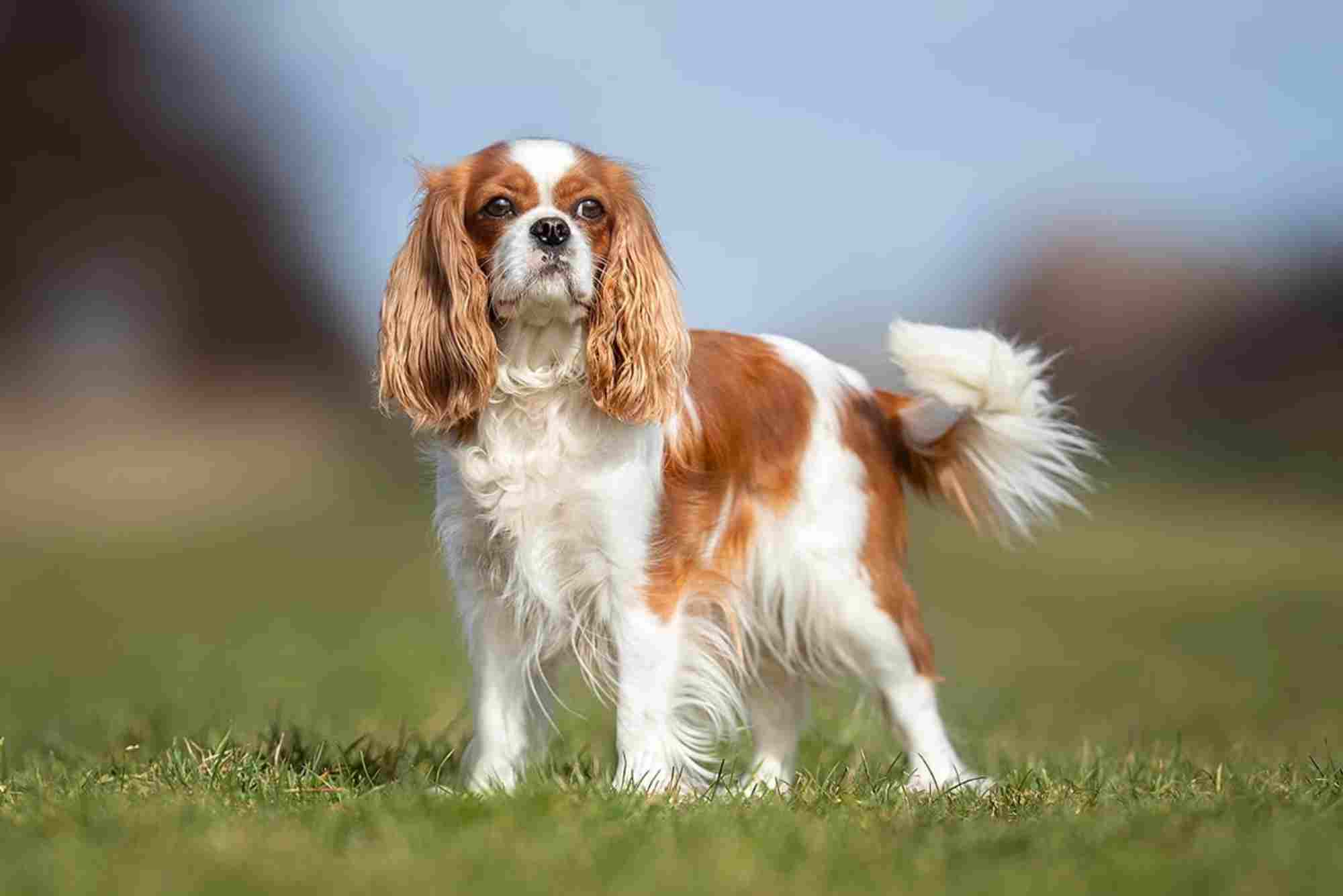Is Your Cavalier in Good Health? Vet-Backed Advice for Pet Owners
Cavaliers are beloved for their gentle nature and affectionate personality, but like all breeds, they have unique health needs. Ensuring your cavalier’s well-being requires understanding common health issues, preventive care, and daily habits that promote vitality. In this guide, backed by veterinary insights, you’ll learn how to keep your furry friend in top shape.
Maintaining good cavalier health is not just about regular checkups; it’s about recognizing early signs of trouble and making informed lifestyle choices. Let’s explore how you can give your cavalier the healthiest life possible.
Understanding the Basics of Cavalier Health
Common Health Concerns in Cavaliers
Cavaliers tend to face several breed-specific health challenges. One of the most critical is mitral valve disease, a heart condition that affects many Cavaliers as they age. Early symptoms can be subtle, including fatigue or mild coughing, so regular veterinary heart checks are essential.
Another prevalent concern is syringomyelia (SM), a neurological disorder caused by malformations in the skull. SM can cause pain and sensitivity around the neck and head, sometimes affecting movement or behavior. Early diagnosis can help manage symptoms effectively.
Eye conditions like cataracts and retinal problems also appear frequently. Regular eye exams can catch these issues early to prevent vision loss.
Lastly, Cavaliers are prone to ear infections due to their floppy ears, which can trap moisture and debris. Cleaning ears regularly helps prevent infections and discomfort.
How to Spot Early Signs of Illness
Vets recommend observing your cavalier’s behavior closely. Signs such as decreased energy, difficulty breathing, excessive scratching, or changes in appetite can hint at underlying problems. Don’t ignore persistent coughing, limping, or unusual lumps, as these warrant immediate veterinary attention.
Nutrition and Diet: Fueling Your Cavalier’s Health
Feeding for Optimal Health
A balanced diet tailored to your cavalier’s age, weight, and activity level supports longevity. High-quality commercial dog food formulated for small breeds usually meets these needs. Ensure it contains adequate protein, essential fatty acids, and vitamins.
Avoid overfeeding, as Cavaliers are prone to weight gain, which can exacerbate heart and joint problems. Portion control and scheduled feeding times help maintain an ideal weight.
Supplements and Special Diets
Consult your vet before adding supplements. Omega-3 fatty acids may support skin, coat, and heart health. Glucosamine and chondroitin can assist joint function, especially in older dogs. Any dietary changes should be gradual to avoid digestive upset.
Exercise and Mental Stimulation
Physical Activity Recommendations
Cavaliers thrive on moderate daily exercise. Short walks and play sessions keep their muscles strong and hearts healthy. However, avoid overly strenuous activities, especially in hot weather, to prevent exhaustion.
Mental Engagement for a Happy Cavalier
Mental health is just as important. Interactive toys, obedience training, and social interaction help prevent boredom and anxiety. A well-stimulated cavalier is less likely to develop behavioral issues.
Grooming and Hygiene: Keeping Your Cavalier Comfortable
Coat Care Tips
Their silky coat requires regular brushing to prevent mats and tangles. Brushing two to three times a week is ideal. Bathing should be occasional, using dog-specific shampoos that do not dry out the skin.
Ear and Dental Care
Check ears weekly and clean gently with vet-approved solutions to avoid infections. Dental health is critical; daily tooth brushing or dental chews can reduce plaque buildup and bad breath, contributing to overall wellness.
Veterinary Care: The Cornerstone of Cavalier Health
Regular Checkups and Vaccinations
Routine vet visits allow for early disease detection. Annual or biannual exams often include heart auscultation, eye checks, and weight monitoring. Vaccinations protect against common canine diseases.
Diagnostic Screening
Because Cavaliers are predisposed to certain conditions, vets may recommend screenings like echocardiograms or MRIs, especially for older dogs or those showing symptoms.
Emergency Signs: When to Seek Immediate Help
Certain symptoms should never be ignored. Difficulty breathing, collapse, seizures, or sudden weakness require emergency care. Quick response can save lives and prevent complications.
Prioritize Your Cavalier’s Health Today
Your cavalier depends on you to maintain their health and happiness. By staying informed about common health issues, feeding properly, providing exercise, and committing to regular veterinary care, you give your companion the best chance at a long, joyful life.
If you’re concerned about your cavalier’s health or want personalized advice, don’t hesitate to consult your veterinarian. Early action can make all the difference.
Call to Action: Schedule your cavalier’s next health checkup today and keep them thriving!
Frequently Asked Questions About Cavalier Health
What are the most common health issues in Cavaliers?
The most common health issues include mitral valve disease, syringomyelia, eye problems like cataracts, and ear infections. Regular vet visits help detect these early.
How often should I take my cavalier to the vet?
Typically, once or twice a year for checkups, but more frequent visits may be needed if your dog has health issues or is aging.
Can diet affect my cavalier’s heart health?
Yes, maintaining a healthy weight and feeding a balanced diet can reduce strain on the heart and support overall wellness.
How can I prevent ear infections in my cavalier?
Regularly inspect and clean your dog’s ears with vet-approved products and keep ears dry after baths or swimming.
Is exercise important for Cavaliers?
Absolutely, moderate exercise keeps their heart and joints healthy and helps with mental stimulation




